Chinchillas For Sale
All Chinchillas are up to date on their vaccination and deworming. Most importantly, they are well-loved and treated with the utmost care. We give a full health guarantee FOR ALL CHINCHILLA FOR SALE.
Available Chinchillas
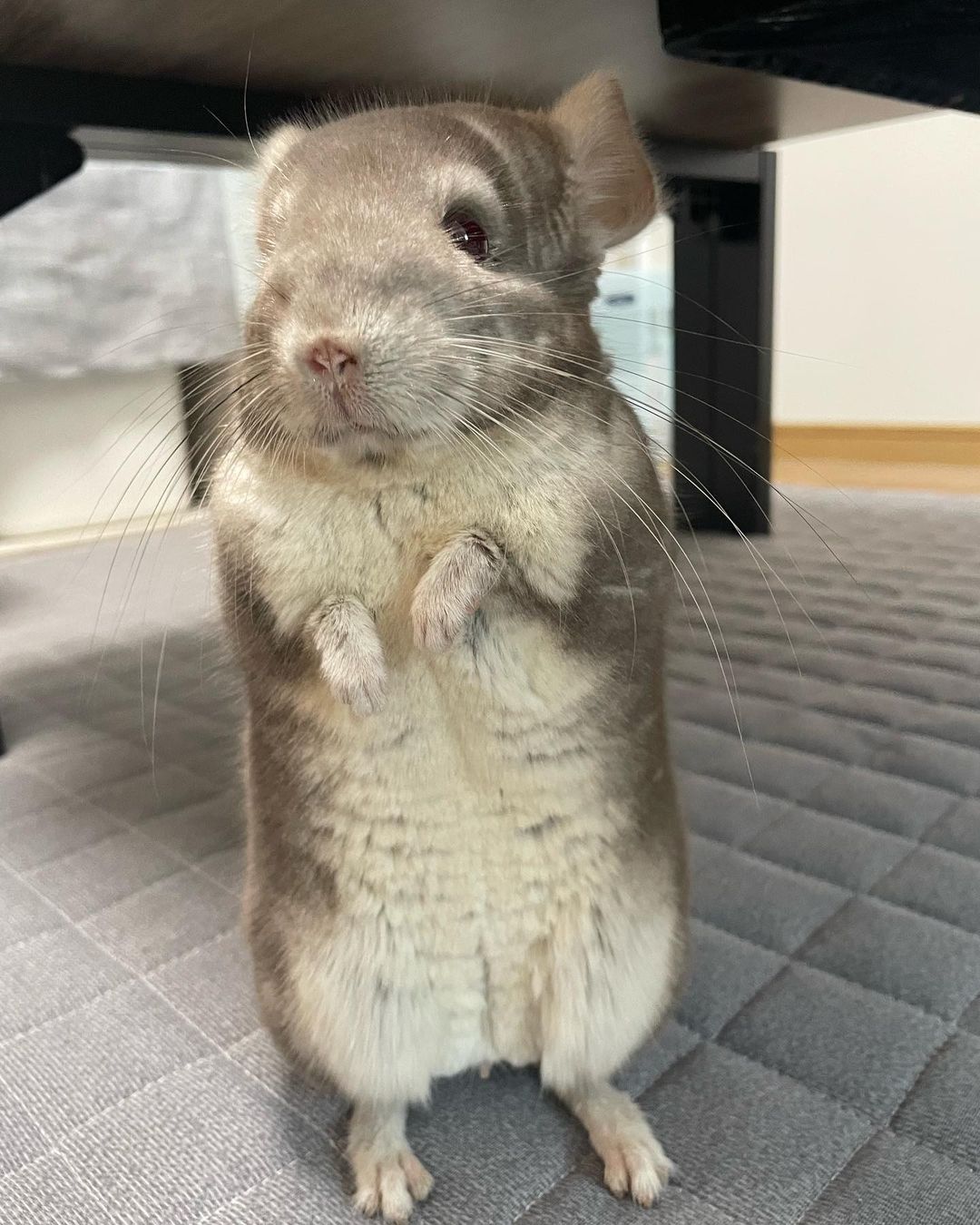
Charlotte | Female | Available
- Breed: Chinchilla
- Health Guarantee & other Supports
- Price: $450
- Shipping: USA & Canada
- Vaccinations: Up-to-Date
- Description : Fully USDA Licensed. Comes with all paperwork including instructions on current and future care. Comes with all necessary supplies to get started and lifelong care. All Vet Papers. Health Record, Foods and Health Guarantee.
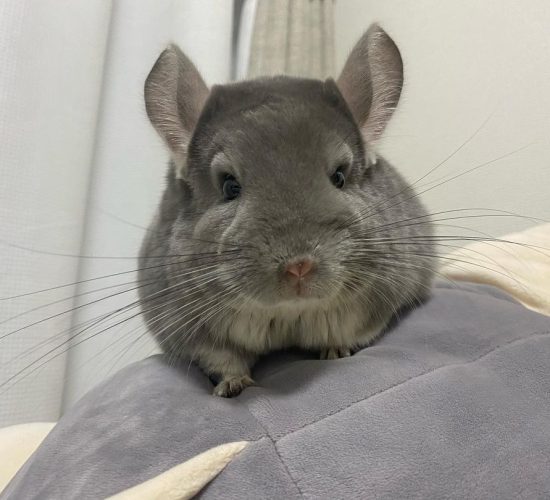
Chilla | Female | Available
- Breed: Chinchilla
- Health Guarantee & other Supports
- Price: $450
- Shipping: USA & Canada
- Vaccinations: Up-to-Date
- Description : Fully USDA Licensed. Comes with all paperwork including instructions on current and future care. Comes with all necessary supplies to get started and lifelong care. All Vet Papers. Health Record, Foods and Health Guarantee.
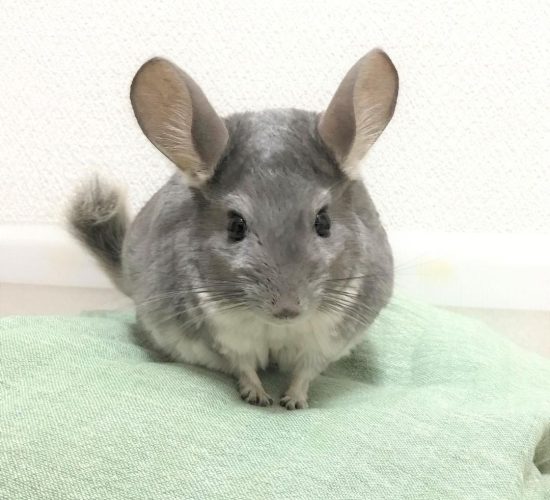
Kamora | Female | Available
- Breed: Chinchilla
- Health Guarantee & other Supports
- Price: $450
- Shipping: USA & Canada
- Vaccinations: Up-to-Date
- Description : Fully USDA Licensed. Comes with all paperwork including instructions on current and future care. Comes with all necessary supplies to get started and lifelong care. All Vet Papers. Health Record, Foods and Health Guarantee.
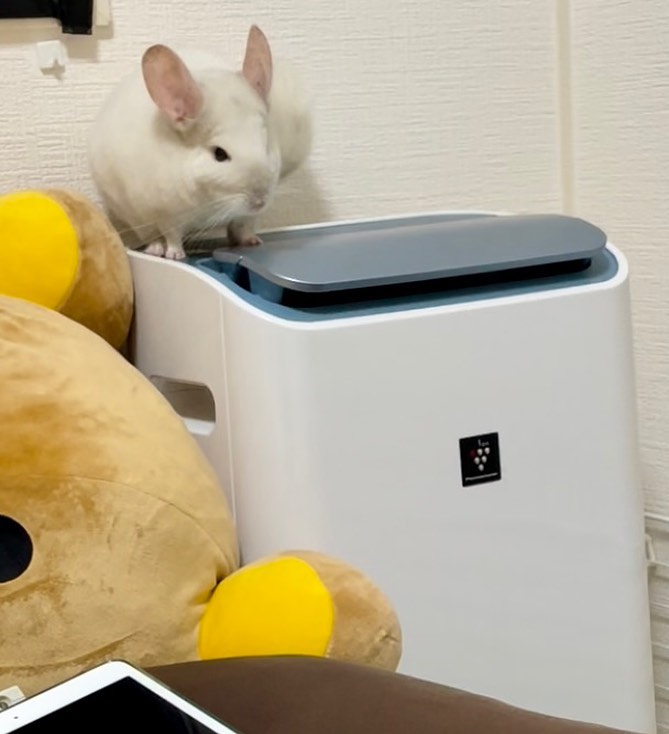
Keisha | Female | Available
- Breed: Chinchilla
- Health Guarantee & other Supports
- Price: $450
- Shipping: USA & Canada
- Vaccinations: Up-to-Date
- Description : Fully USDA Licensed. Comes with all paperwork including instructions on current and future care. Comes with all necessary supplies to get started and lifelong care. All Vet Papers. Health Record, Foods and Health Guarantee.
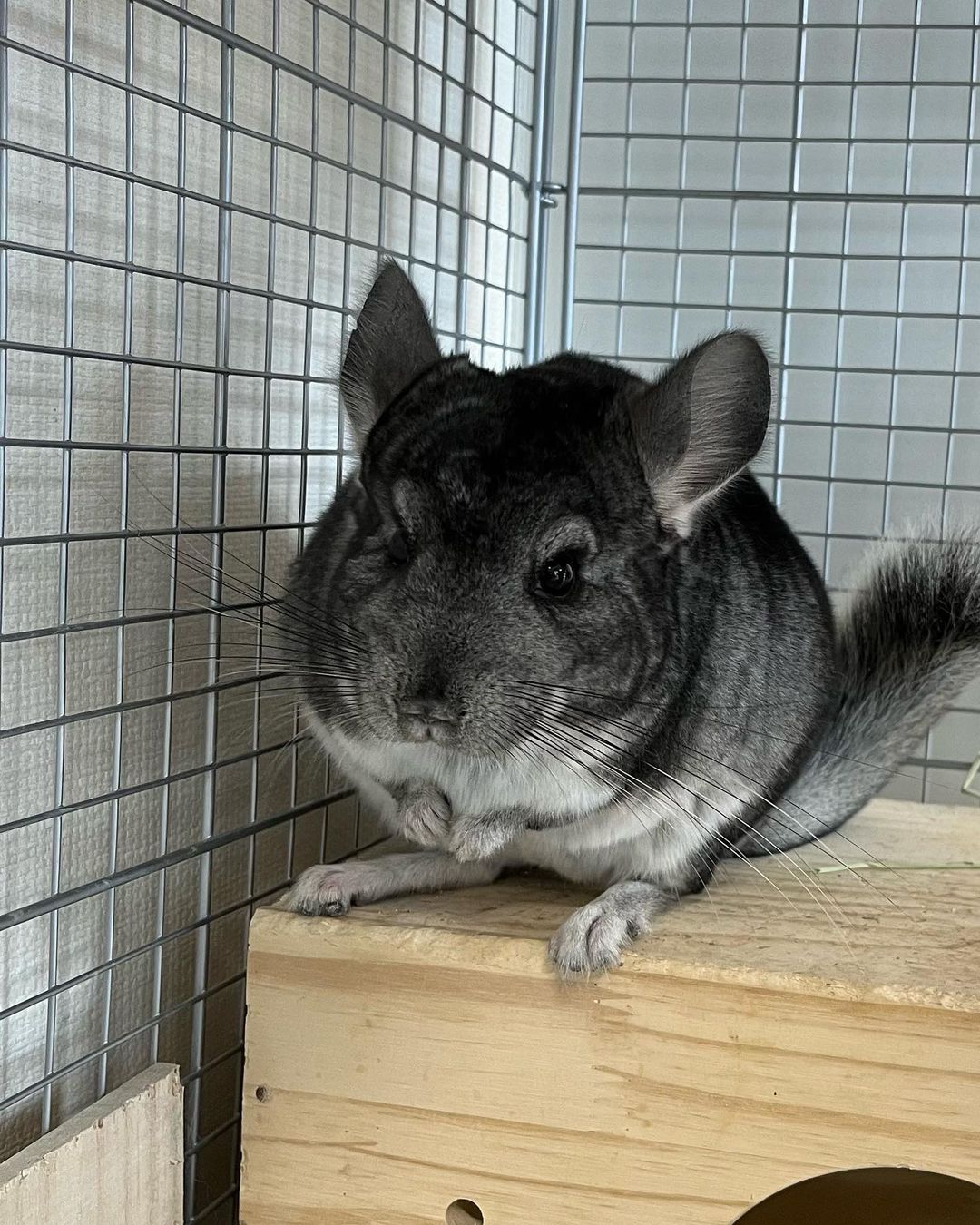
Bjorn | Male | Available
- Breed: Chinchilla
- Health Guarantee & other Supports
- Price: $450
- Shipping: USA & Canada
- Vaccinations: Up-to-Date
- Description : Fully USDA Licensed. Comes with all paperwork including instructions on current and future care. Comes with all necessary supplies to get started and lifelong care. All Vet Papers. Health Record, Foods and Health Guarantee.
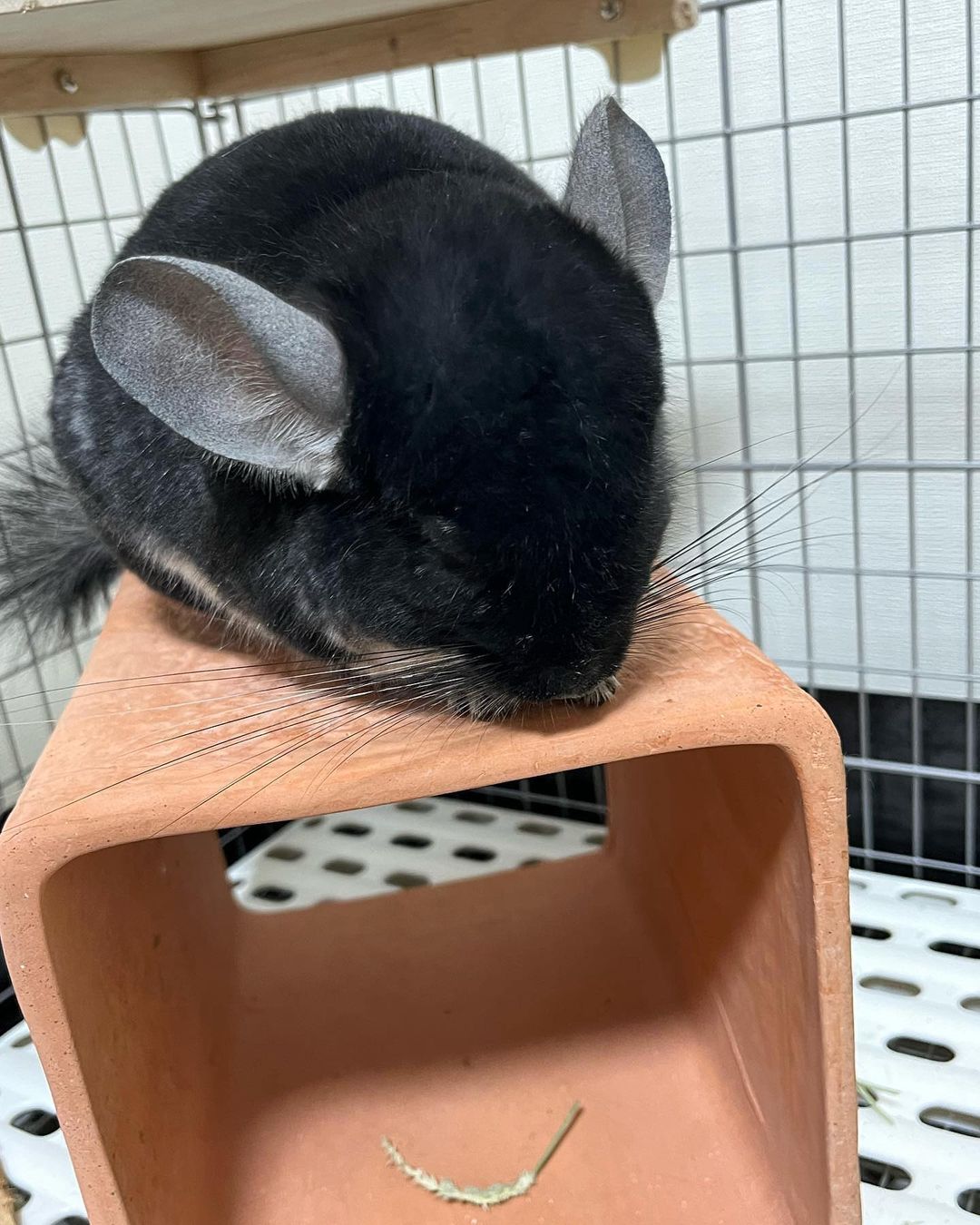
Chance | Male | Available
- Breed: Chinchilla
- Health Guarantee & other Supports
- Price: $450
- Shipping: USA & Canada
- Vaccinations: Up-to-Date
- Description : Fully USDA Licensed. Comes with all paperwork including instructions on current and future care. Comes with all necessary supplies to get started and lifelong care. All Vet Papers. Health Record, Foods and Health Guarantee.
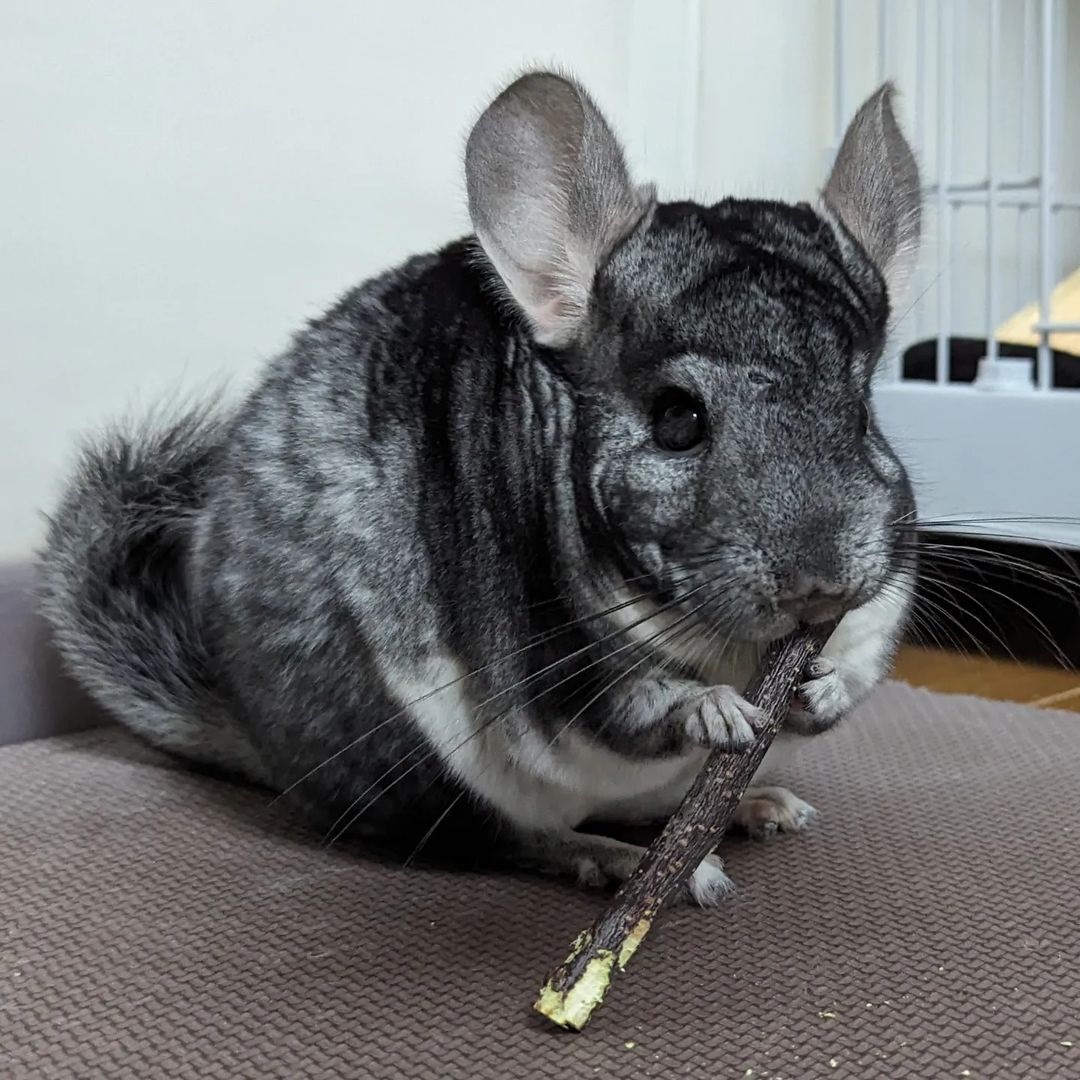
Chief | Male | Available
- Breed: Chinchilla
- Health Guarantee & other Supports
- Price: $450
- Shipping: USA & Canada
- Vaccinations: Up-to-Date
- Description : Fully USDA Licensed. Comes with all paperwork including instructions on current and future care. Comes with all necessary supplies to get started and lifelong care. All Vet Papers. Health Record, Foods and Health Guarantee.
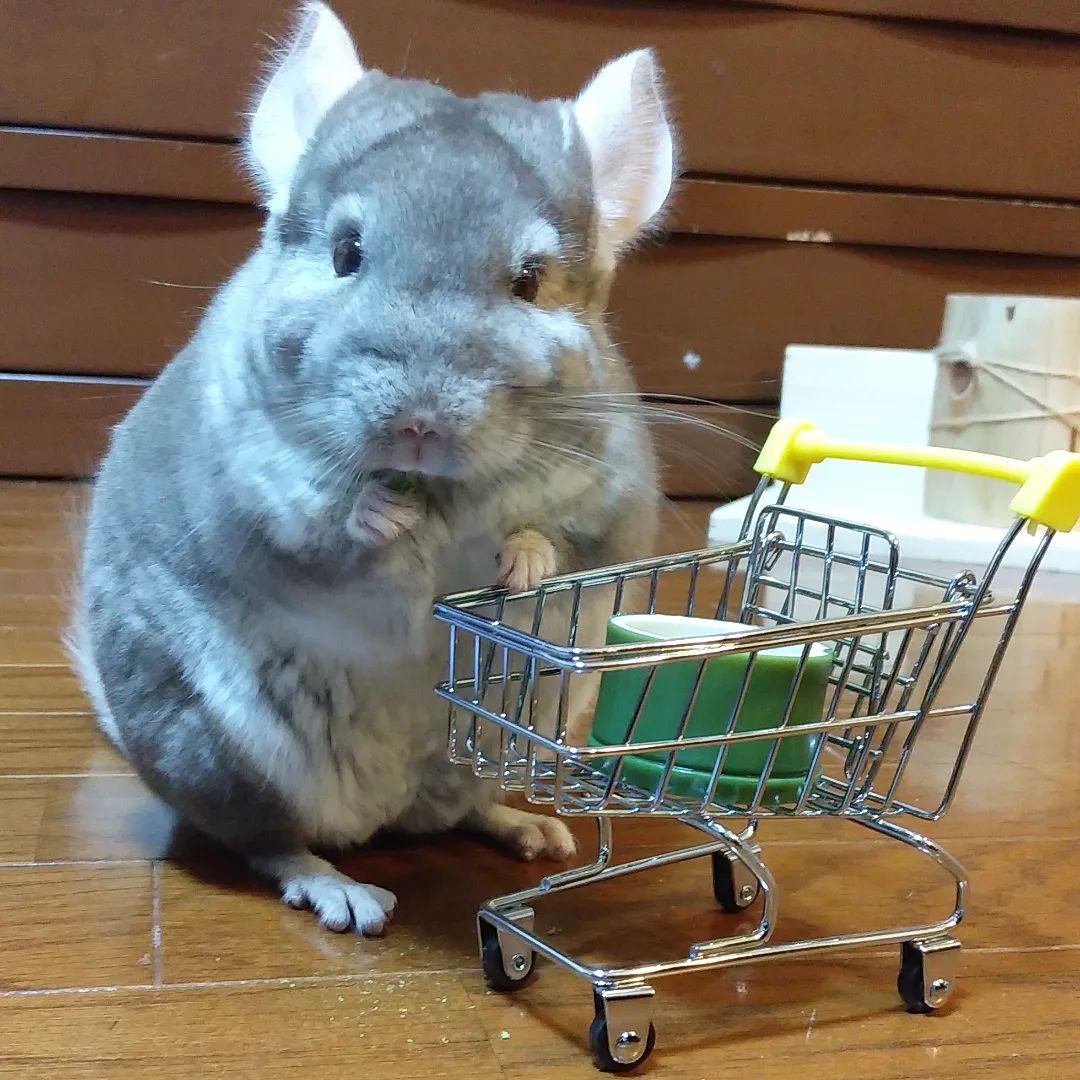
Hugo | Male | Available
- Breed: Chinchilla
- Health Guarantee & other Supports
- Price: $450
- Shipping: USA & Canada
- Vaccinations: Up-to-Date
- Description : Fully USDA Licensed. Comes with all paperwork including instructions on current and future care. Comes with all necessary supplies to get started and lifelong care. All Vet Papers. Health Record, Foods and Health Guarantee.
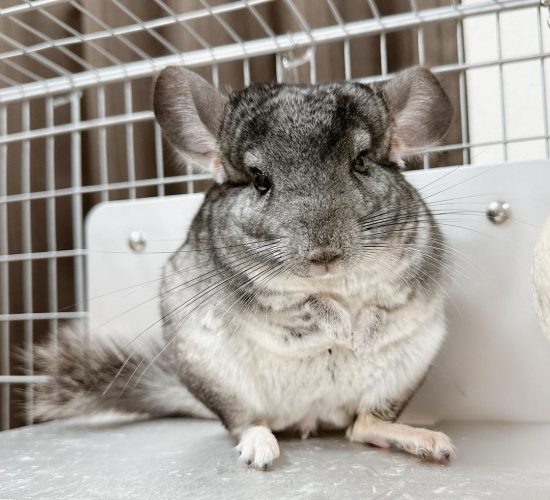
Jojo | Male | Available
- Price : $700
- Breed : Bush Baby
- Vaccinations : Up-to-Date
- Potty Trained, Hand Trained, Registration Papers
- Description: Fully USDA Licensed. Comes with all paperwork including instructions on current and future care. Comes with all necessary supplies to get started and lifelong care. All Vet Papers. Health Record, Foods, Clothes and Toys and 2-year Health Guarantee.
Chinchilla Care and Facts: Chinchillas For Sale
Average Lifespan: 15-20 Years
Diet:
Chinchillas should be fed a high-quality, chinchilla-specific food, which is essential for their health. Their diet should also include roughage such as alfalfa. Ideally, their food should consist of high-quality grass hay and some pellets to supplement it.
Bonding
Chinchillas can form a very special bond with their caregiver, but this takes time. It is important to interact with them consistently and handle them frequently so they become accustomed to and trust you. Ensuring your chinchilla is happy and healthy is crucial. Purchasing from a reputable, licensed breeder almost always guarantees this.
Chinchilla Sounds:
Chinchillas can produce a wide variety of sounds. They may be highly vocal, making barking and gruffing noises depending on their nature, or they can be very quiet. Barking is the most common sound and can indicate various emotions such as happiness, irritation, or fear.
General Personality:
Chinchillas have distinct personalities, and each one is unique, much like humans. Since chinchillas can be shy, it is important not to rush the bonding process. Once bonded, chinchillas are quite affectionate and have a lot of energy. They enjoy playing with toys and nibbling on fingers.
Do they bite?
My response to this question is straightforward: anything with teeth has the ability to bite. Biting can happen when they are under a lot of stress or fear; they have very long front teeth that are also very sharp, so a bite can be highly painful.
If they were raised incorrectly, some chinchillas will always be hostile, but this is uncommon. They may not notice that a bite hurts you at first. If this happens, gently place him down and show no signs of anger, pain, or fear. If you express anger, it will just encourage biting because the chinchilla will feel helpless.
Preparing for a Chinchilla:
Make sure you have a decent cage, food, and a proper watering container available for your new chinchilla. Make sure your chinchilla has plenty of toys and a safe place to sleep by providing appropriate bedding.
Make sure you’ve practiced picking up and holding a chinchilla because they’re delicate. When the bedding becomes soiled, make sure to replace it as soon as possible to avoid illness and a terrible odor. Once a week, give your chinchilla a dust bath. Ascertain that they have a way to exercise and expend all of their energy. Make sure they don’t overheat.
Chinchilla Dust bath:
The chinchilla’s fur can be damaged by water. Give them a dust bath instead. The “dust” bath is produced by mixing volcanic ash or activated clay dusting powder. The dust baths aid in the removal of excess grease from the chinchilla’s hair.
Toys and enrichment:
Chinchillas enjoy chewing on items and running, jumping, and playing, therefore they require a wide variety of toys. This will keep them active and occupied while also providing chewing opportunities that are beneficial to maintaining their incisor teeth filed and healthy.
Chinchilla FAQs
Do they have scent glands or a smell?
Chinchillas are a rodent that is clean, quiet, odorless, and appealing. They lack scent glands and perform an excellent job of grooming and caring for their fur.
What is their general personality?
They are very loving and lively, and they have a lot of energy, yet they may also be timid and shy at times.
